Women’s bodies have been policed since the beginning of time. Their bodies have been mutilated, terrorized, and objectified to fit the male gaze. Scientific facts are often blurred and dissolve into misconceptions. The way we view women’s bodies merely reflects the truth about them. Contemporary female writers through their works of nonfiction are trying to rectify this situation. Through years of research and taking cues from their personal lives, they bring into limelight the myths and misconceptions surrounding women and their bodies. Unfounded social and cultural assumptions often make it to the pages of science thus clouding our judgment. Today, I have curated a list of books where the authors have gone to great lengths to debunk stereotypes and portray women’s bodies as they are.
These books show us how women’s bodies have been the scapegoats of patriarchy in most scenarios. Science, which prides itself on its objective analysis, fails to deliver the justice and dignity that women deserve. But time has come to denounce the myths that may keep women from being able to take care of their health because of misinformation. These books teach us how to be proactive and not trust the system that benefits from women’s oppression. They educate us against losing ourselves to a society that has always worked in our disfavor.
Editor’s note: Because there is even less research into trans people’s healthcare as there is into cisgender women’s healthcare, this list is focused on books about cis women’s bodies.
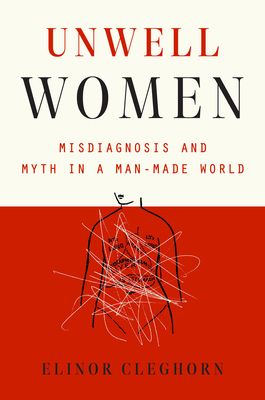
Unwell Women: Misdiagnosis and Myth in a Man-Made World By Elinor Cleghorn
In this impeccably researched book, Cleghorn delves into how the world of medicine has wronged women. From the wandering womb syndrome to the rise of the catchall term “hysteria,” Cleghorn talks about how much of our lives are based on misconceptions. The realm of science has been invaded by socio-cultural stereotypes and Cleghorn urges her readers to start seeing how women’s medical history is rife with myths.
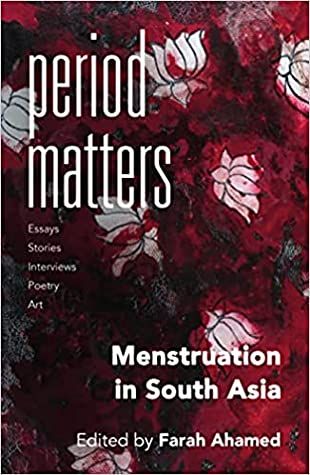
Period Matters: Menstruation In South Asia By Farah Ahamed (Editor)
Menstruation is still a taboo in many communities. It is associated with shame and disgust and its existence is barely acknowledged in polite society. This book brings into focus important perspectives about menstruation by voices from across the globe. It endeavors to remove superstitious beliefs we have regarding this extremely normal bodily function. Full of essays, artworks, stories, and poems from policymakers, artists, activists, and academics, this book is a great study on how menstruation is experienced in South Asia.
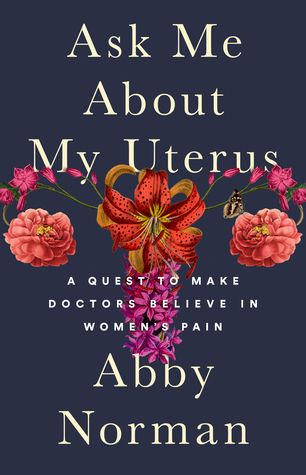
Ask Me About My Uterus: A Quest to Make Doctors Believe in Women’s Pain By Abby Norman
In 2010, Abby Norman’s strong dancer’s body started experiencing excruciating pain. She lost a lot of weight and grey hairs started sprouting. She had to drop out of college and thus began her journey of trying to figure out what went wrong. In this book, Norman discusses what it felt like to have her pain dismissed every day. It wasn’t until she started doing her own research in the medical library, that she found out she was afflicted with endometriosis. Situating her own battles with medicine in a political and historical context, Norman dives into all the ways women’s suffering has been invalidated.
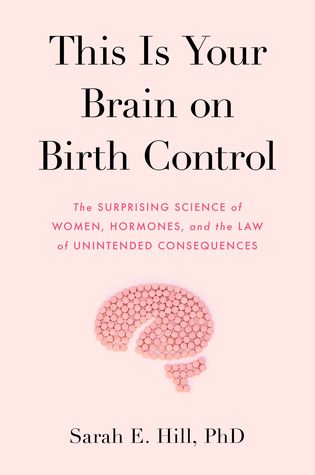
This Is Your Brain on Birth Control: The Surprising Science of Women, Hormones, and the Law of Unintended Consequences By Sarah E. Hill
This groundbreaking nonfiction explains how hormonal birth control impacts women. Women can now control their fertility which is nothing short of a revolution. Now women are going to college and entering the public domain more than they used to. But what are the negative impacts of birth control, if any? Does this pill affect whom women are attracted to? How does it change a woman’s brain and in turn the world around us?
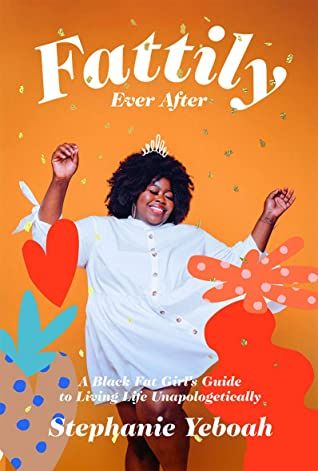
Fattily Ever After: A Black Fat Girl’s Guide to Living Life Unapologetically By Stephanie Yeboah
Plus-sized blogger, Stephanie Yeboah, has been the subject of fatphobia and racism all her life. From being bullied to facing objectification and humiliation while dating, Yeboah has gone through the worst. In this book, she attempts to change the mainstream narratives. Her goal is to alter her own body image, not by appropriating Eurocentric standards of beauty, but by accepting and appreciating her body.

Belabored: A Vindication of the Rights of Pregnant Women By Lyz Lenz
Given our current political landscape where unborn fetuses have more rights than women, this is a very important and topical read. Here, Lenz has explored the misogynistic logic behind popular cultural narratives. She lays bare how sexism hampers the way we perceive pregnant women and their bodies. Peppered with snark and wit, Lenz goes on to explain how a woman is either a goddess or a baby-producing vessel, but never herself.
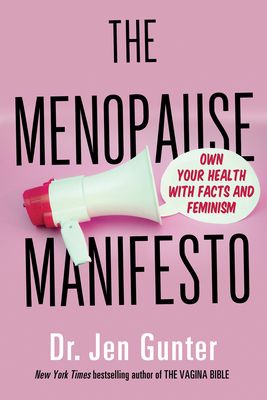
The Menopause Manifesto: Own Your Health with Facts and FeminismBy Jennifer Gunter
Through scientific facts, biological evidence, and personal anecdotes, this book is a detailed reflection of what women’s bodies experience in the middle of their lives. There is widespread misinformation regarding menopause. Superstitions and a lack of research add to this. Menopause is not a disease and just another stage of our lives, but we are a far cry away from acknowledging that. Gunter demystifies this concept and pinpoints our internalized misogyny.
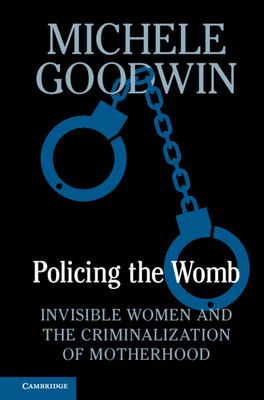
Policing the Womb: Invisible Women and the Criminalization of Motherhood By Michele Goodwin
This book is a chilling study on how women’s wombs are policed daily by agents of the state. Legislators criminalize women for miscarriages and stillbirths. This leads to women giving birth while being shackled in iron legs. Sometimes deliveries happen in inhuman conditions and inside prison washrooms. In some states, prosecutors reduce sentences if women agree on being sterilized. Often the women who bear the brunt of the state are women of color and Goodwin’s research is on how cruelly unfair the world has been to them.
These books are bringing women closer to their bodies. We can certainly hope that we will have more such books in the near future and thus take a step towards achieving true parity. If you are interested in learning more about women’s bodies, please check out this list of nonfiction reads!
